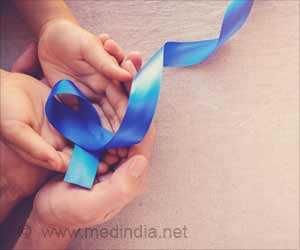In order to spread the benefits of Tabla not only as music but as therapy also, a Tabla player from a region close to Kolkata has started a tabla Academy.
In order to spread the benefits of Tabla not only as music but as therapy also, a Tabla player from a region close to Kolkata has started a tabla Academy.
The significance of this Tabla academy lies in the fact that apart from imparting training in playing Tabla to enthusiasts, it is carrying out research work by including rhythms of Tabla in medicinal applications.The founder of the academy Shantanu Bhattacharya is himself a Tabla player and has set up the academy at Barrackpore located on the outskirts of Kolkata in North 24 Parganas District of West Bengal.
Shantanu Bhattacharya is conducting research on the Tabla sound. He says there are several lost 'Bols' or, rhythms, which are no longer used while playing Table by today's practitioners.
Another interesting feature of Shatanu's research is sound therapy. It uses rhythms on the Tabla to reduce blood pressure and stress. He claims that different rhythms produced on the tabla can help in the treatment of several diseases.
He intends to take his research to the clinical stage soon.
His students are also being taught the different rhythms which can be used as the medium in sound therapy.
Advertisements
Shantanu says keeping the Tabla confined to Ustaads (teachers), their sons or disciples is not enough. The Tabla players should not use the instrument only to fulfill their socio-economic needs but also try to spread the art of playing it to keep the relevance of the instrument alive.
Advertisements
"Tabla is the first base in music. When music started, it was with tabla and harmonium. And this is totally indigenous. That's why I want to learn the Tabla," said Swagat Ghosh, a student at the Tabla Academy.
Tabla was long viewed as a mere accompaniment during musical performances. But Tabla maestro like Allah Rakha, Yogesh Samsi, Shaikh Dawood, Datappa Garud, Gourang Kodical, Zakir Hussain and dedicated practitioners like Bikram Ghosh converted it successfully into a solo instrument.
Students at the Academy say they are motivated by Ghosh's success with the Tabla.
"Popularity is increasing. It is less now but improving gradually. It has a future. One needs hard work and patience. One should listen to teachers and follow their advice with total focus to achieve something," said Arijit Sarkar, another student of Tabla Academy, Barrackpore.
Though Tabla classes are conducted on regular basis here, the academy is still in a nascent stage. By Ajitha Menon (ANI)
Source-ANI
SAV/M





